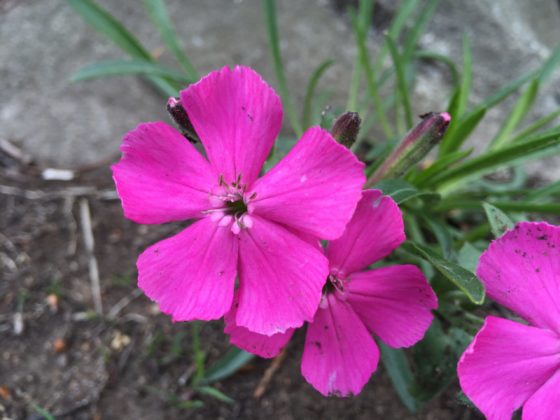
I’ve written before about Arthur Brooks – articles of his I’ve read, the time I saw him as an event speaker, and episodes of his “How to Build a Happy Life” podcast.
I very much enjoyed this podcast episode of his, featuring Robert Waldinger, a psychiatrist and a Professor of Psychiatry at Harvard Medical School. Wadlinger directs the Harvard Study of Adult Development, one of the longest-running studies of adult life ever done, and in the podcast episode he provides scientific insight into key elements for happy living.
Here are my favorite takeaways:
You need to take care of your body like you’re going to need it for 100 years. If you do that, you end up much more likely to end up happy as well. Some of the keys, as I’ve written about countless times, are exercise, eating well, managing stress, not smoking, and getting enough sleep.
The people who end up the happiest and healthiest have more and warmer social connections of all kinds. Not just intimate relationships. Also: friends, work colleagues, and casual relationships. It’s not about marriage or co-habitation, it’s about knowing others are there for you. For example, when something difficult happens, rather than staying in fight or flight mode, you need an outlet. A friend. Otherwise, chronic stress hurts your body.
Stay engaged in the world: People who stay engaged physically, intellectually, and socially, stay more fit, happier, and maintain sharper brains. It doesn’t matter how, just be sure to stay engaged with other people and physically active. Learn a language, play an instrument, sing in a chorus, plant a garden, volunteer.
Don’t dwell on the things you’re not able to do as well as you once did. That’s normal. Find things you do well – maybe even ones you do better than you used to – and focus on those.
Don’t look back with regret. You didn’t try to do things you would regret later. We all have regrets. It’s normal and okay. Look forward.
In later life, managing loss is critical. Loss happens more frequently. It’s okay to grieve. Don’t hesitate to get help.
All my best,
David
